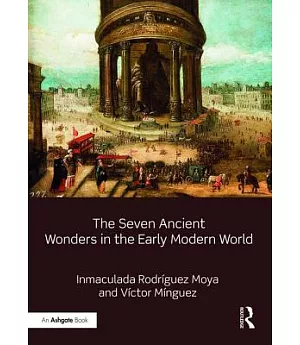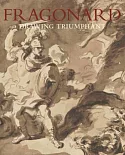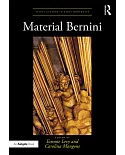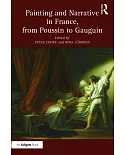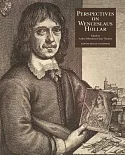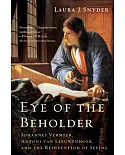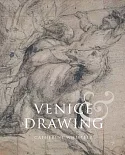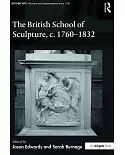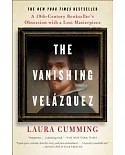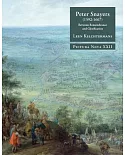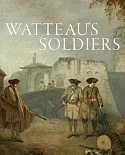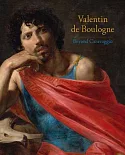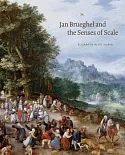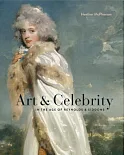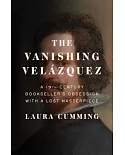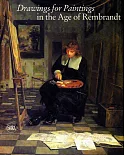The Seven Wonders of the Ancient World have had a lasting impact upon the intellectual landscape of the post-classical world. As well as provoking historical debate and reflection, they have
proved an enduring yardstick by which succeeding generations have measured the architectural and cultural accomplishments of their own eras. Focusing particularly upon the Renaissance and
Baroque periods, this book looks at how the Wonders of the World were represented in art, architecture and sculpture, and the ways that European courts could evoke them as a useful image of
power. Within this artistic culture, special attention is paid to the recreations and constructions generated between the fifteenth and eighteenth centuries in the sphere of ephemeral art,
especially those linked to court celebrations in the principal European states. This approach provides a framework to analyse and evaluate the claims of other European Renaissance and Baroque
architecture to Wonder status, an approach bolstered by the use of the Palace of El Escorial as a case study of a modern ’Eighth Wonder’. Arranged into nine chapters, the book begins with a
general introduction. The next seven chapters deal in turn with each of the classical Wonders and the ways they could be drawn upon by early-modern intellectuals. The eighth and final chapter
looks at the cultural legacy of the classical Wonders, and in particular the Spanish Habsburgs’ use of rhetoric of power to promote the idea of the monastery, church, palace and pantheon of El
Escorial as the eighth wonder of the world. In sum the book provides a fascinating insight in to the imaginative and shifting ways the Seven Wonders have been utilised - evoked and
reconstructed - in order to project contemporary concerns and ideals by a range of intellectuals, artists and rulers.

